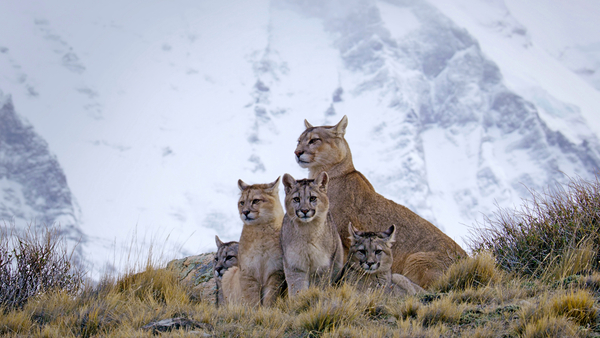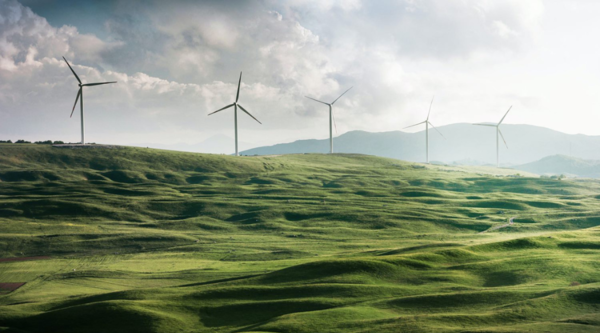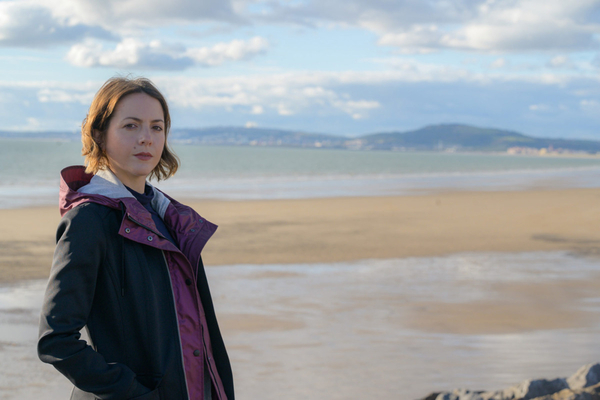How TV should go green
Parallels were drawn between TV’s ambitions to decarbonise and its far-from-swift attempts to introduce a more diverse and inclusive workforce during a fascinating session, “How clean is TV?”, organised by RTS Technology Centre.





